#health science
Text


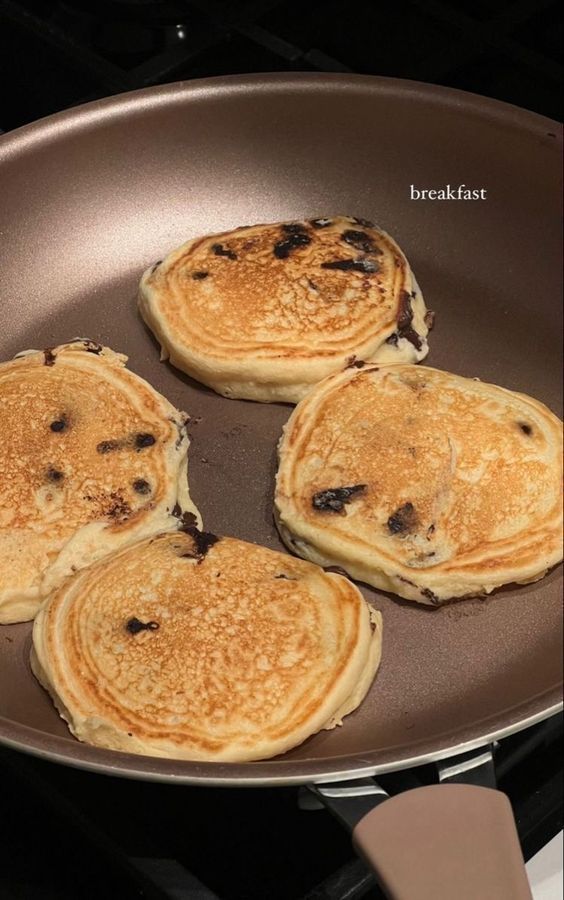
the effect of what (and how) you eat
okay, this is a big topic. and so this is a long post. i'm going to be going over the effect of what you eat and why it's important to think about what foods you are consuming. don't worry! i do my research-- at the end of the post will be a few resources, and i'll show where i've gotten my information.
lots of dietary advice is available over the internet, but often the people absorbing the information do not understand the why. knowing where your information is coming from,, and not believing everything you read online is key to actually maintaining a good, healthy diet.
before you read: TRIGGER WARNING THERE IS MENTION OF EATING DISORDERS,,
let's start with this: like everything in this age, food is a double-edged sword. overconsumption and underconsumption can both kill you. what you eat; how you eat--it can help or hinder whatever your goals may be.
here's the effect/s: the connection between diet and mental health is profound. while we’ve long understood that diet plays a crucial role in overall health, emerging research in the field of nutritional psychiatry sheds light on how what we eat directly impacts our emotional well-being and mental state.
the brain-gut connection: the gut is closely linked to the brain. trillions of living microbes in our gut have essential functions, including synthesizing neurotransmitters. these neurotransmitters send chemical messages to the brain, regulating sleep, pain, appetite, mood, and emotions.
to improve your gut health, here's what you can do:
by eating a varied diet that includes fruits, vegetables, whole grains, nuts and seeds, essential nutrients are provided which feeds the beneficial bacteria in the gut. high fibre foods promote gut health by supporting good bacteria.
fermented foods, such as yogurt, kefir, sauerkraut, kimchi, and miso are rich in probiotics—live beneficial bacteria that boost gut health. kombucha (a fermented tea) is another option.
avoiding reducing processed foods can reduce the diversity of good bacteria in your gut. when i say processed foods, i'm referring to ultra-processed foods, for example, fried foods and frozen meals. they may be easy and cheap, but they include preservatives, artificial colouring, chemical flavouring and texturing agents. all of which our bodies are not made to consume.
it's ignorant to tell you to avoid processed foods at all costs. that's not realistic, and a horrible mindset. instead, you should manage your intake. enjoy treats every now and then and don't punish yourself for it.
hydration is key to a healthy gut. water supports digestion and nutrient absorption.
stress management, eating well and exercise can also help your gut microbiome's health.
by having a healthy gut microbiome, you are helping your body to have lower chronic inflammation, have regular bowel movements and more effectively absorb nutrients. therefore, you will have a stronger immune system, have clearer skin and support your digestion and metabolism.
why eating protein matters: proteins are made of amino acids, which serve as the fundamental building blocks for various structures in our bodies. these amino acids are essential for forming enzymes, hormones, tissues, and DNA. protein is vital in maintaining and building muscle mass. when activities like strength training and physical exercise are engaged in, protein helps build and repair the muscles.
hemoglobin, a protein in our red blood cells, transports oxygen from our lungs to other tissues. without adequate protein, oxygen delivery would be compromised. antibodies, which defend against infections, are made of proteins. a well-functioning immune system relies on sufficient protein intake. collagen, a protein, maintains the integrity of our skin, hair, and nails. adequate protein supports healthy skin elasticity and wound healing.
the recommended dietary intake for protein relies on factors such as age, weight, height, gender, activity and overall health. remember that individual needs can vary, so consulting with a healthcare provider or registered dietitian is advisable to determine your specific protein requirements.
many diets exist that cut out entire macronutrients (keto for example) but that is not the way. each macronutrient has great importance in helping the body function.
carbohydrates are the body's (including the brain) preferred energy source. they enable muscle contraction during exercise and even at rest. carbs maintain body temperature, support heart function, and aid digestion.
the keto diet comes from the belief that when carbohydrates are not providing energy (are not being consumed), the body will use reserved energy stored in lipids (fat). while this is true, this diet is not maintainable-- it throws the body out of whack, storing more energy to maintain homeostasis.
fats provide energy and are essential for hormone production. they contribute to cell growth, brain health and vitamin absorption.
our brain is composed of ~60% fat. fats are essential for neurotransmitter production, affecting mood, cognition, and hormonal signalling. cholesterol, often associated with heart health, is a precursor for steroid hormones (testosterone, estrogen, progesterone). without adequate cholesterol, our body cannot produce these essential hormones.
effects of diet on mood: firstly, going long periods without eating can cause a drop in blood sugar levels, leading to tiredness and irritability. secondly, consuming excessive amounts of food can make you feel tired and lethargic.
choosing the right carbohydrates can help maintain blood sugar levels. our brain primarily runs on glucose (obtained from carbohydrate-rich foods). you can opt for slow-release carbohydrates to maintain steady energy levels. slow-release carbohydrates (a.k.a low GI food) provide a more sustained and gradual release of energy compared to other carbohydrates. examples include fruits, vegetables, whole grains (grainy bread, brown rice, oats) and sweet potatoes. high GI foods rapidly spike blood sugar levels due to their quick digestion and absorption.
going too long without eating can lead to low blood sugar levels, resulting in irritability and fatigue. overeating to discomfort can also leave you feeling tired and lethargic. consistent, moderate-sized meals help maintain stable blood sugar levels and promote an even mood.
i know, overeating is an issue that one cannot simply 'turn off'. it's important to know the psychology, and if you struggle with it--please talk to a health professional.
here is what i can tell you about overeating:
overeating is typically a learned behaviour and habit. certain foods are associated with pleasure and reward. when enticing food is encountered, we engage in eating behaviour and immediately experience pleasure. this reinforces the habit, making it challenging to change.
overeating may be serving as a coping mechanism for emotions. when feelings of sadness, disappointment, frustration, or even joy arise, someone may turn to food. emotional eating provides temporary relief, reinforcing the behaviour.
the first delicious bite triggers pleasure, satiates our appetite, and improves our emotional state. our memory associates this reward process with eating, leading us to continually seek that pleasure. this is due to immediate reward.
people with eating disorders may disregard their health, body, body image and lifestyle goals. they use food as a way to punish themselves and gain control over their life. restrictive eating disorders can lead to 'binging behaviour'. bingeing serves as a way to numb emotions. anxiety, stress, and depression can trigger binge behaviours. consuming certain foods or substances (like junk food or alcohol) releases dopamine, the “feel-good” neurotransmitter. this chemical rush can lead to physical addiction, reinforcing bingeing. a culture (unfortunately which is abundant in the world today) that emphasizes consumption as a measure of worth can contribute to bingeing. messages about thinness, drinking, and material possessions can drive these behaviours.
i hate that i am having to say this but alcoholism is bad. and caffeine addiction is bad. in no way is harming your health aesthetic or 'a vibe'.
limiting caffeine and alcohol can also improve mood. again, i'd like to stress that there is never going to be one perfect diet, and allowing yourself to enjoy whatever food you like is perfectly fine- as long as you are doing so in moderation.
everything is a balance.
resources/further reading, to end:
Fat Requirements For Optimal Hormonal Health - Clean HealthHow Dietary Fat Benefits Hormones - Women's International Pharmacy (womensinternational.com)
The truth about fats: the good, the bad, and the in-between - Harvard HealthDietary fats | healthdirectMacronutrients: Definition, importance, and food sources (medicalnewstoday.com)Know Your Macros-Why Macronutrients Are Key to Healthy Eating | Cedars-SinaiWhy the Proper Balance of Macronutrients is Vital for Good Health - Functional Diagnostic Nutrition
What Is Protein & Why Do You Need It? (eatingwell.com)Protein: Why Your Body Needs It (webmd.com)Protein | The Nutrition Source | Harvard T.H. Chan School of Public HealthBinge-Eating Disorder (Compulsive Overeating) | Psychology Today AustraliaThe Psychology Behind Binge-Watching | PsychregBingeing: Why It Happens and What You Can Do About It (greatist.com)
Understanding Overeating: The Psychology Behind It - Listen-HardWhy stress causes people to overeat - Harvard HealthThe Truth About Overeating | Psychology TodaySlow-release carbs list (medicalnewstoday.com)Why understanding carbs (and how to count them) matters | Diabetes UK
Food and your mood - Better Health ChannelHow food can affect your mood | Nutrition AustraliaStress-related stomach pain: When to see a doctor - UChicago MedicineWhat Is Gut Health? A Comprehensive Guide to Digestive Wellness | U.S. News (usnews.com)Why Gut Health Matters More Than You Think | Well.Org
Probiotics: What They Are, Benefits & Side Effects (clevelandclinic.org)Probiotics: What You Need To Know | NCCIH (nih.gov)What should I eat for a healthy gut? - BBC FoodLet’s Eat: How Diet Influences the Brain (brainfacts.org)
i know the fact that the resources are one big block may be annoying, but i don't have the commitment to in text reference lmao. hours of research and writing for a blog post, yes, but in text referencing is just too far.
i hope you learnt something
❤️joanne
#elonomh#elonomhblog#student#student life#academia#chaotic academia#productivity#study blog#that girl#becoming that girl#sports science#anatomy#health science#health and wellness#healthy life#healthy lifestyle#wellness and health#mental health#health & fitness#healthylifestyle#health tips#wellness aesthetic#wellness girl#wellness moodboard#wellness#wellbeing#healthy living#vitamins
80 notes
·
View notes
Text

https://www.popularmechanics.com/science/health/a44714690/scientists-control-human-genes-with-electricity/
31 notes
·
View notes
Text
Biology Suffixes
-ase = enzyme
-itis = inflammation
-lysis = break apart
-ology = study of
-ologist = studies
-ose = sugar
-oxide = containing oxygen
Patreon
#studyblr#notes#my notes#biology#biology notes#bio#bio notes#general biology#introductory biology#gen bio#intro bio#introduction to biology#science#sciences#life science#health science#premed#mcat#mcat biology#mcat bio#biology study guide#biology flashcards#bio study guide#easy biology#life systems#medical terminology#medical terms#medical flashcards#medical flash cards#medical terminology flashcards
49 notes
·
View notes
Text
Interesting, but damn nuts how the body works!
34 notes
·
View notes
Text
Compliance, per the two main approaches to medical sociology
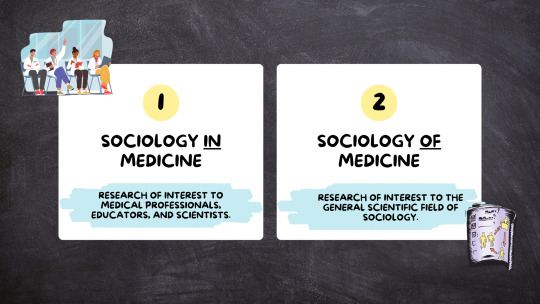
Sociology in medicine is research that’s of interest to medical professionals, medical educators, medical scientists— things that are important to medicine as an institution.
Sociology of medicine tends to be research of interest to the general scientific field of sociology, not only sociologists who study matters of medicine, health, illness, healthcare, and disability. Importantly, it is not that medicine is simply disinterested in sociology of medicine, the institution of medicine sometimes has a vested interest in silencing or arguing against sociology of medicine. Sociology of medicine may not be useful to medical professionals, but if, for example, sociology of medicine is critiquing medical practice, as is often the case, it might move beyond useless to being perceived as offensive.
To further explore the difference between sociology in versus of medicine, let’s take the issue of compliance.

From the medical perspective, patient compliance is vital for successful medical practice and treatment. if your patient is not listening to you–for example, if they’re not taking their medication, and that medication is supposed to get them better, than you are going to have a much more difficult time treating that patient, and thus, a much harder time doing your job, than if the patient “complied” with your treatment plan. Same thing if your patient won’t have surgery. Well, if operating is the way that you do your job and the patient refuses, you cannot do your job as well. So, sociology in medicine would examine compliance with this medical perspective in mind. Sociology in medicine might investigate the barriers to patient compliance, and they might ask about these barriers in terms of patient behavior, asking something like "why are these patients non-compliant?" with the goal of identifying things that can be addressed to help patients better comply, so that medical professionals can have better chances of success when trying to do their jobs.
Now, moving to sociology of medicine—the greater field of sociology is interested in issues of power and inequality. When examining compliance in terms of power and inequality, we might look at something like physician control over patients, which would contribute to areas of sociology beyond medical sociology, such as the larger sociological literature on deviance and social control.
From this perspective, physicians offer something that patients cannot obtain on their own—prescription medications, surgery, imaging…these are all things that are considered both illegal and dangerous when obtained from non-credentialed entities. This means patients must be compliant to avoid severe consequences, like physical injury, disability, or even death. Healthcare providers hold power to help people feel better when they have few, if any, safe alternatives.
Instead of looking at compliance as inherently positive or necessary, we can critique the concept, and most importantly, the continued endorsement of compliance as “positive” and “necessary” by credentialed actors in medicine. So, sociology of medicine, similarly to sociology in medicine, may examine barriers to compliance, but because it does not assume compliance is necessary or helpful to the patient, it leaves room to explore the patient experience. Sociology of medicine can explore things like mistrust of medical professionals, experiences with bias and discrimination in the clinical encounter, and the patient’s understanding of a potential treatment as helpful versus their belief that the treatment is useless (independent of the science on said treatment’s effectiveness).
So, while sociology in medicine and sociology of medicine might both be interested in the question of “why do patients become noncompliant,” sociology in medicine might approach that question with the intent of identifying something that will lead to increased compliance, whereas sociology of medicine may approach the question in terms of medical harm, so not taking the assumption that compliance is positive, instead, taking the more skeptical view that compliance might be an exercise of power on the part of the healthcare provider over the patient and focusing on issues like the potential for patterns of exploitation and/or harm of certain groups of patients with shared characteristics. Sociology of medicine might ask whether healthcare providers, because they are powerful, are inherently good or right. Sociology in medicine would probably not ask this question at all, instead assuming the answer to be "yes"
youtube
#sociology#studyblr#phdblr#social science#medblr#health science#research#paradigm#medical sociology#sociology of medicine#sociology in medicine#compliance#power#inequality#deviance#social control#medical sociology 101#Youtube
3 notes
·
View notes
Text
If I am at the dinner table and I ask, “Who do you hail from in South America?”
Oo.
Just know…, it’s huge. You’re huge.
Huge.


#Blend#Huge#Kingdom Hearts#Atlantis Out Of Water - Haiti.#A major seed#a major key#C natural#whole note#bar meets#double bar#Health Science#Golden Year#Sealed Times#holyflitter✨🧬🌺 !#primary#All 9#10#25#Girly Quarta#girly quarter#golden professional#Gold#Golden Links#scotchbonnet#Journal#harmonic alignment#mindbodyspirit#positivity#awareness#holistic health wellness
26 notes
·
View notes
Text
The Chinese call it Qi or Chi, the Hindu culture calls it Prana, ancient Egyptians called it Ka, Reich called it Orgone; today we know it scientifically as:
"Surface tension of electrified water decreases as the positive or negative charge increases"

The FDA has blood on their hands. Rather than do science, they do propaganda for monopolist-fascists to preserve the bourgoisie. Why won't the FDA test orally ingested cannabis extract for its potency against cancer? We have seen thousands of studies show that cannabis extract or tincture will cause cancer-apoptosis but the FDA refuses to test it. They are derelict of duty and are killing innocent lives every day. The FDA is a sham and they have blood all over their hands and they cover up facts like how this study basically proves the existence of chi, qi, prana, ka, orgone, and the life-energy discovered independently so many different times by various cultures.
"The real advantage which truth has, consists in this, that when an opinion is true, it may be extinguished once, twice or many times, but in the course of ages there will generally found person to rediscover it, until some of its reappearances falls on a time when from favourable circumstances it escapes persecution until it has made such head as to withstand all subsequent attempts to suppress it.
John Stuart Mill, On Liberty"
#truth#in#medicine#health science#orgone#chi#prana#electricity affects the surface tension of water#facts#the FDA killed a pioneering western scientist#for being correct#RIP Wilhelm Reich#rediscoverer of sacred and forbidden truths#Wilhelm Reich an honorary Pythagorean forever and always#rest in power#he died in a federal penetentiary for discovering truths in the neonazi infiltrated USA post-paperclip#the science of spirituality#neonazis in the fda don't want the working class to have nice things
4 notes
·
View notes
Text
Can i lose weight by dieting only
Embarking on a weight loss journey is a common goal for many individuals worldwide. The question that often arises is, "Can I lose weight by dieting only?"
This comprehensive article explores the effectiveness of weight loss through dietary changes alone, shedding light on its possibilities, challenges, and the key factors that contribute to success. Continue reading
#health#health is wealth#health tech#health services#health science#health journey#health blog#health & fitness#health benefits#health news#weight loss#weight lifting#weight loss journey#fat loss#exercise#weight goals#weightloss#weight mention#weight management
3 notes
·
View notes
Text

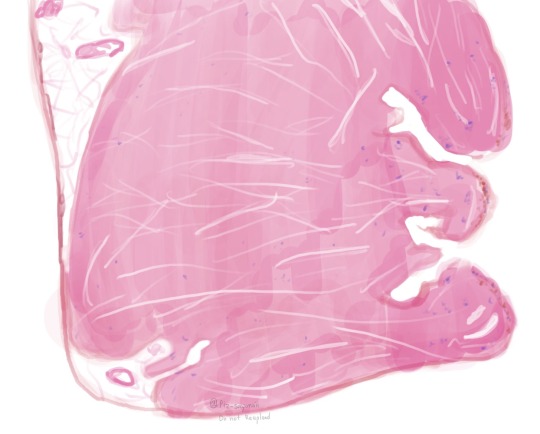




histology of heart
source : histologyguide.com
#histology#digital drawing#My art#digital art#heart tissue#Med#medical student#studying#cardiologist#allied health#health science
2 notes
·
View notes
Text

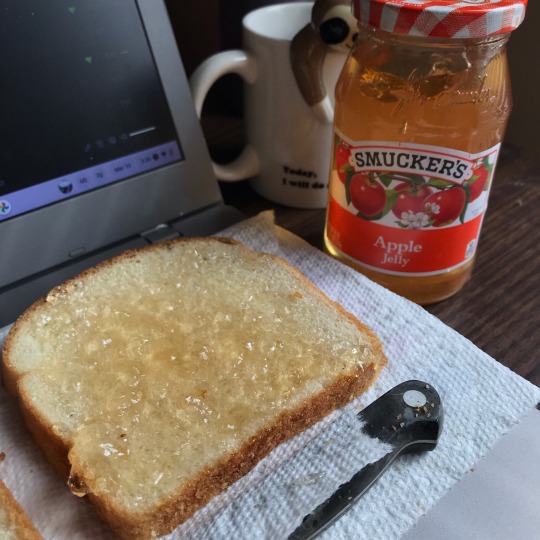
march 9-15
the week started so cloudy and rainy but now it’s really sunny! we learned about gender and health :) i still have to write an essay tonight about possibilities for why there’s so many biopsychosocial differences in illness and symptoms depending on gender but i’m not feeling it at all 😔 i want corn dogs. 99 cent corn dogs from sonic mm
also this was my first studyblr post is it too cringe
12 notes
·
View notes
Text
Branches of Biology
Botany = study of plants
Zoology = study of animals
Anatomy = study of body structure
Physiology = study of functions of body systems
Embryology = study of embryo development
Genetics = study of inheritance
Evolution = study of origins and species relationships
Ecology = study of environmental relationships
.
Patreon
#studyblr#notes#my notes#biology#biology notes#bio#bio notes#general biology#introductory biology#gen bio#intro bio#introduction to biology#science#sciences#life science#health science#premed#mcat#mcat biology#mcat bio#biology study guide#biology flashcards#bio study guide#easy biology#life systems#note cards#flash cards#flashcards#branches of biology#zoology
36 notes
·
View notes
Text
crying in ur car when ur driving home after clinical hits different
2 notes
·
View notes
Text
An implantable device could enable injection-free control of diabetes
The device contains encapsulated cells that produce insulin, plus a tiny oxygen-producing factory that keeps the cells healthy.
Anne Trafton | MIT News
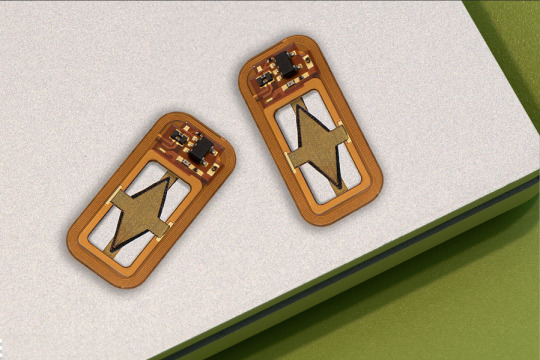
One promising approach to treating Type 1 diabetes is implanting pancreatic islet cells that can produce insulin when needed, which can free patients from giving themselves frequent insulin injections. However, one major obstacle to this approach is that once the cells are implanted, they eventually run out of oxygen and stop producing insulin.
To overcome that hurdle, MIT engineers have designed a new implantable device that not only carries hundreds of thousands of insulin-producing islet cells, but also has its own on-board oxygen factory, which generates oxygen by splitting water vapor found in the body.
The researchers showed that when implanted into diabetic mice, this device could keep the mice’s blood glucose levels stable for at least a month. The researchers now hope to create a larger version of the device, about the size of a stick of chewing gum, that could eventually be tested in people with Type 1 diabetes.
“You can think of this as a living medical device that is made from human cells that secrete insulin, along with an electronic life support-system. We’re excited by the progress so far, and we really are optimistic that this technology could end up helping patients,” says Daniel Anderson, a professor in MIT’s Department of Chemical Engineering, a member of MIT’s Koch Institute for Integrative Cancer Research and Institute for Medical Engineering and Science (IMES), and the senior author of the study.
While the researchers’ main focus is on diabetes treatment, they say that this kind of device could also be adapted to treat other diseases that require repeated delivery of therapeutic proteins.
MIT Research Scientist Siddharth Krishnan is the lead author of the paper, which appears today in the Proceedings of the National Academy of Sciences. The research team also includes several other researchers from MIT, including Robert Langer, the David H. Koch Institute Professor at MIT and a member of the Koch Institute, as well as researchers from Boston Children’s Hospital.
Replacing injections
Most patients with Type 1 diabetes have to monitor their blood glucose levels carefully and inject themselves with insulin at least once a day. However, this process doesn’t replicate the body’s natural ability to control blood glucose levels.
“The vast majority of diabetics that are insulin-dependent are injecting themselves with insulin, and doing their very best, but they do not have healthy blood sugar levels,” Anderson says. “If you look at their blood sugar levels, even for people that are very dedicated to being careful, they just can’t match what a living pancreas can do.”
A better alternative would be to transplant cells that produce insulin whenever they detect surges in the patient’s blood glucose levels. Some diabetes patients have received transplanted islet cells from human cadavers, which can achieve long-term control of diabetes; however, these patients have to take immunosuppressive drugs to prevent their body from rejecting the implanted cells.
More recently, researchers have shown similar success with islet cells derived from stem cells, but patients who receive those cells also need to take immunosuppressive drugs.
Another possibility, which could prevent the need for immunosuppressive drugs, is to encapsulate the transplanted cells within a flexible device that protects the cells from the immune system. However, finding a reliable oxygen supply for these encapsulated cells has proven challenging.
Some experimental devices, including one that has been tested in clinical trials, feature an oxygen chamber that can supply the cells, but this chamber needs to be reloaded periodically. Other researchers have developed implants that include chemical reagents that can generate oxygen, but these also run out eventually.
The MIT team took a different approach that could potentially generate oxygen indefinitely, by splitting water. This is done using a proton-exchange membrane — a technology originally deployed to generate hydrogen in fuel cells — located within the device. This membrane can split water vapor (found abundantly in the body) into hydrogen, which diffuses harmlessly away, and oxygen, which goes into a storage chamber that feeds the islet cells through a thin, oxygen-permeable membrane.
A significant advantage of this approach is that it does not require any wires or batteries. Splitting this water vapor requires a small voltage (about 2 volts), which is generated using a phenomenon known as resonant inductive coupling. A tuned magnetic coil located outside the body transmits power to a small, flexible antenna within the device, allowing for wireless power transfer. It does require an external coil, which the researchers anticipate could be worn as a patch on the patient’s skin.
Drugs on demand
After building their device, which is about the size of a U.S. quarter, the researchers tested it in diabetic mice. One group of mice received the device with the oxygen-generating, water-splitting membrane, while the other received a device that contained islet cells without any supplemental oxygen. The devices were implanted just under the skin, in mice with fully functional immune systems.
The researchers found that mice implanted with the oxygen-generating device were able to maintain normal blood glucose levels, comparable to healthy animals. However, mice that received the nonoxygenated device became hyperglycemic (with elevated blood sugar) within about two weeks.
Typically when any kind of medical device is implanted in the body, attack by the immune system leads to a buildup of scar tissue called fibrosis, which can reduce the devices’ effectiveness. This kind of scar tissue did form around the implants used in this study, but the device’s success in controlling blood glucose levels suggests that insulin was still able to diffuse out of the device, and glucose into it.
This approach could also be used to deliver cells that produce other types of therapeutic proteins that need to be given over long periods of time. In this study, the researchers showed that the device could also keep alive cells that produce erythropoietin, a protein that stimulates red blood cell production.
“We’re optimistic that it will be possible to make living medical devices that can reside in the body and produce drugs as needed,” Anderson says. “There are a variety of diseases where patients need to take proteins exogenously, sometimes very frequently. If we can replace the need for infusions every other week with a single implant that can act for a long time, I think that could really help a lot of patients.”
The researchers now plan to adapt the device for testing in larger animals and eventually humans. For human use, they hope to develop an implant that would be about the size of a stick of chewing gum. They also plan to test whether the device can remain in the body for longer periods of time.
“The materials we’ve used are inherently stable and long-lived, so I think that kind of long-term operation is within the realm of possibility, and that’s what we’re working on,” Krishnan says.
“We are very excited about these findings, which we believe could provide a whole new way of someday treating diabetes and possibly other diseases,” Langer adds.
The research was funded by JDRF, the Leona M. and Harry B. Helmsley Charitable Trust, and the National Institute of Biomedical Imaging and Bioengineering at the National Institutes of Health.
Make sure to follow us on Tumblr!
5 notes
·
View notes
Text

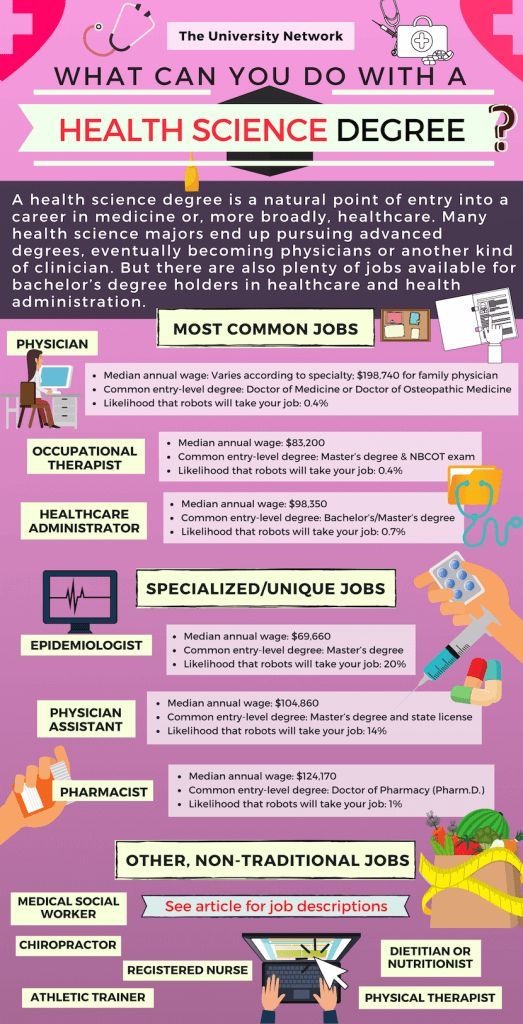


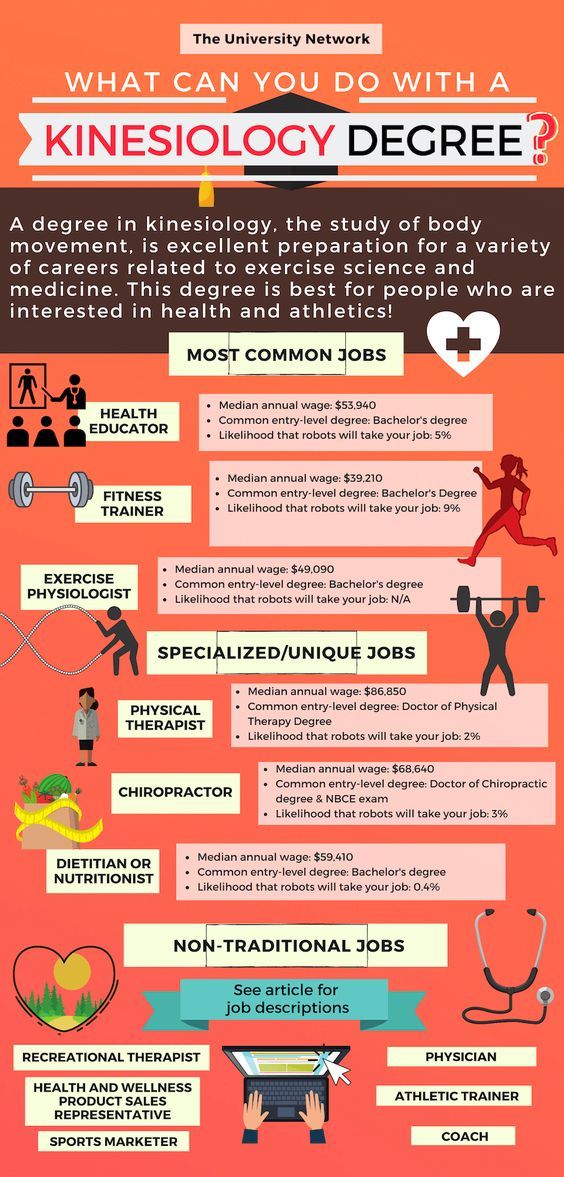
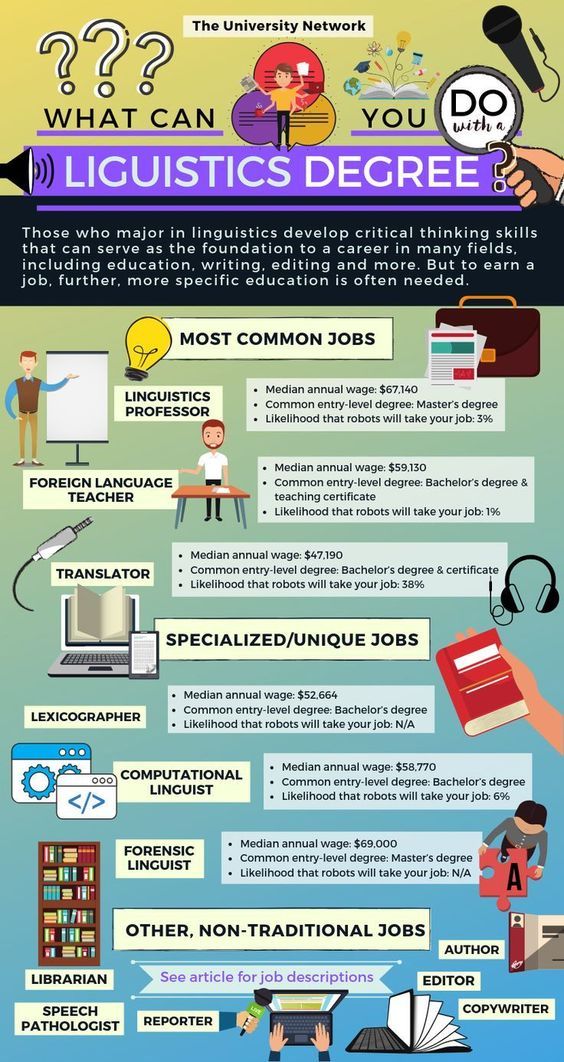

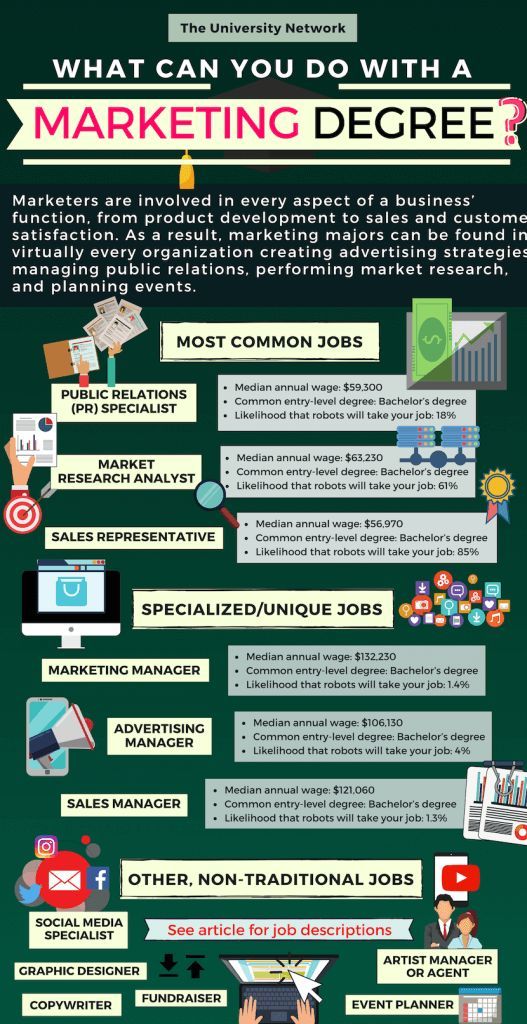
#resouces#rp#college majors#geography#health science#international business#journalism#kinesiology#linguistics#management#marketing
14 notes
·
View notes
Text

school 🦾
3 notes
·
View notes
Text
youtube
"The Whale: In Conversation with OAC" is a heartfelt and honest conversation between lead actor Brendan Fraser, playwright Sam Hunter and the Obesity Action Coalition volunteers who helped shape the portrayal of someone living with severe obesity for Charlie, the film's main character. The group discusses the realities of living with severe obesity, Fraser's powerful portrayal of Charlie and the film's profound impact on viewers.
The Obesity Action Coalition is a national nonprofit organization dedicated to elevating and empowering individuals affected by obesity through education, advocacy and support. They work to raise awareness of and eliminate weight bias and discrimination in healthcare, education, media and the workplace; fight to improve access to science-based treatment and care of obesity for those who choose to seek it; and provide support through education and community events.
#brendan fraser#brendan james fraser#the brenaissance#the whale#the whale movie#darren aronofsky#samuel d hunter#Obesity Action Coalition#health#self healing#healthcare#nutrition#prevention#healthy eating#overweight#health science#health news#no hate#obesity#truth#understanding#Youtube
6 notes
·
View notes